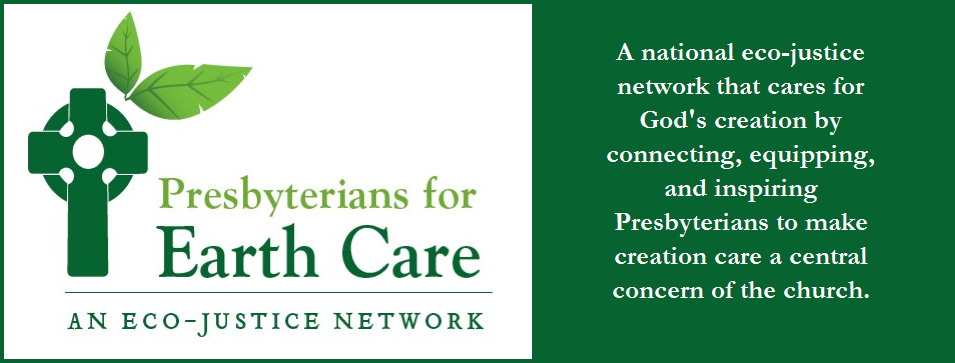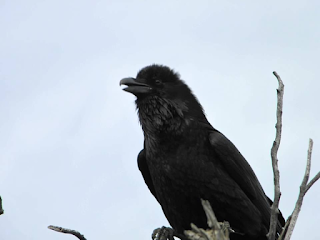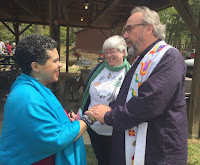Booking it to Nain
Soon afterwards he went to a town called Nain, and his disciples and a large crowd went with him. 12As he approached the gate of the town, a man who had died was being carried out. He was his mother’s only son, and she was a widow; and with her was a large crowd from the town. 13When the Lord saw her, he had compassion for her and said to her, “Do not weep.” 14Then he came forward and touched the bier, and the bearers stood still. And he said, “Young man, I say to you, rise!” 15The dead man sat up and began to speak, and Jesus gave him to his mother. Luke 7:11
Each morning of this summer’s PCUSA Walk for a Fossil Free World began with liturgy. We moved from song into story into prayer, grounding ourselves in the testimonies of frontline communities before each day on the road. In Vincennes, Indiana, we read about the arduous task of fetching water during the dry season of the West African Sahel, and about Japanese theologian Kosuke Koyama’s Three Mile an Hour God. Koyama’s thesis became one of the most enduring theological frames for our walk. As we trekked across Indiana and Illinois, we found ourselves covering three miles every hour, knowing that Jesus of Nazareth walked in ancient Palestine at that same slow-and-steady pace.
There are nevertheless moments where Jesus seems gripped by urgency. After healing a centurion’s servant in Capernaum, Jesus heads to a small town called Nain. Some manuscripts indicate Jesus went to Nain “the next day”—all the more impressive when we realize Nain is 23 miles southwest of Capernaum, and uphill. In our journey from Louisville to St. Louis, our daily hikes never exceeded 17 miles. Moreover, in first-century Palestine most Jewish burials did not include embalming. The son’s funeral would have occurred the day after he died. The implicit scandal is significant. The God-who-moves-three-miles-an-hour heals the servant of a Gentile centurion while a working-class Jewish widow loses her only son. The messiah is too late.
That’s how Advent feels. God comes to live among us too late; if there was a time when things could have changed, that time has passed. That’s how it feels in the fight against climate change. While some at this summer’s General Assembly insisted that we still have time to get oil companies to change course, the Trump Administration acknowledged in a 500-page report that our planet will be a catastrophic 7 degrees hotter by 2100. For the Administration, this is nota call to action; we’re too late, and should carry on as we are. How quickly the powerful turn from climate denial to unrepentant capitalist nihilism.
Jesus doesn’t go three miles an hour to Nain; he books it. When Jesus arrives, he raises the widow’s son and gives him back to his mother. Just when the messiah is too late, when the widow has been cut off from her only son, Jesus arrives and does the impossible. Likewise, Advent is not the delay of a complacent God waiting for the appropriate time to intervene; Advent is God booking itto get to us and to bring healing to all creation.
It is easy to look at the devastation of Florence and Maria and think that we’re too late. We very well might be. But Advent ought to remind us that God is booking it to North Carolina and Puerto Rico and the Florida panhandle and the Philippines and Standing Rock, and that what appears to us as “too late” is in fact an opportunity to get right with creation and to proclaim the good news of a God who is booking it to be with us.
Prayer: God, when some of us fetch water in the desert, and when others of us march against fossil fuels in the Midwest, you walk alongside us at our meager three-mile-an-hour pace. But remind us, Creator God, that during Advent you were not taking your precious time; rather, you have always been booking it to be with us. Strengthen us in our hope for and anticipation of your healing presence, and empower us that we might participate in your love for all creation until you come again. Amen.
Casey Aldridge is a middler MDiv candidate at Princeton Theological Seminary, a youth ministry intern at Fifth Avenue Presbyterian Church in New York City, an inquirer with the Presbytery of Charlotte, and a member of the Walk for a Fossil Free World. Casey grew up in Concord, North Carolina, and he attended UNC Charlotte from 2013 to 2017 as a Levine Scholar, studying Religious Studies, History, and Political Science. Casey hopes to pursue a PhD in Religious Studies as well as PC(USA) ordination, and these days his interests lie in what Christian theories of time and history have to offer our struggles against capitalism, fascism, and climate change.













 abby mohaupt is a Teaching Elder in San Francisco Presbytery and PhD student at Drew University. She is the moderator of Fossil Free PCUSA. She loves Jesus, running, and the ocean. Her previous work has included working as a pastor in Northern California, a volunteer at a domestic violence shelter in Chicago, and an artist for worship and liturgy for a variety of conferences. She semi-regularly blogs at
abby mohaupt is a Teaching Elder in San Francisco Presbytery and PhD student at Drew University. She is the moderator of Fossil Free PCUSA. She loves Jesus, running, and the ocean. Her previous work has included working as a pastor in Northern California, a volunteer at a domestic violence shelter in Chicago, and an artist for worship and liturgy for a variety of conferences. She semi-regularly blogs at 






